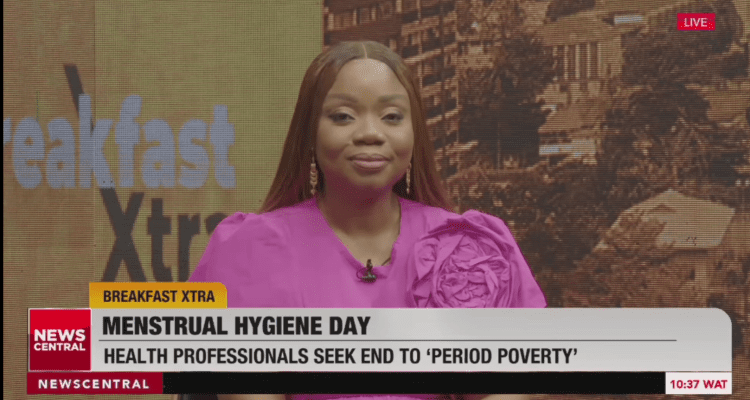
A New Era of Menstrual Health Advocacy in Tanzania
In Tanzania, discussions about menstruation have traditionally been marked by silence, shame, and misinformation. However, a growing movement led by young people is reshaping the conversation around menstrual health. Through creative methods such as music, storytelling, film, and debate, organizations like Young and Alive Initiative are working to bring this critical issue into the public spotlight.
At the launch of their latest educational film, “Badili Flow,” on August 8, 2025, Ms. Cecilia Shirima, the director of Young and Alive Initiative, emphasized the importance of confronting the stigma surrounding menstruation. She stated that it is time for a new approach to address the challenges faced by Tanzanian girls. "We must reach young people through stories, film, music, and real-life experiences," she said.
The initiative's efforts include short films set in schools that highlight the difficulties girls face when they start their periods during class. These films depict situations where girls are laughed at, isolated, or even drop out of school entirely due to lack of support. Ms. Shirima explained that many school environments are not conducive to menstruating students. Toilets may be unsafe or unhygienic, and boys who have not been educated about menstruation often mock girls who experience their first period unexpectedly.
A National Challenge with Lasting Impact
Menstrual hygiene remains a significant challenge in Tanzania. According to the Ministry of Health, nearly one in four girls misses school during their period due to limited access to sanitary pads, clean water, or private spaces. For some, this leads to permanent school dropout. "This is not just a women’s issue," Ms. Shirima stressed. "Our slogan says it clearly: ‘Safe Menstruation is Everyone’s Responsibility.’ We need to educate boys, parents, teachers, and the entire community."
In 2017, the Tanzanian government removed the Value Added Tax (VAT) on sanitary pads to improve affordability, but later reinstated the tax, leaving many families unable to afford these essential products. In response, advocacy groups have focused on empowering girls as part of the solution. They train young people as peer educators and champions of change. "We work with university students, young people with little formal education, and everyone in between," said Ms. Shirima. "They create their own music, write scripts for films, and lead school debates. It’s peer-to-peer learning, and it’s powerful."
Creative Campaigns to Spark Change
Over the coming weeks, the Young and Alive Initiative will launch school campaigns featuring video screenings, music performances, and open forums. These events aim to encourage honest conversations about menstruation. Instead of traditional lectures, the group uses short films to show what girls go through, opening the door for discussion. A health expert then steps in to provide explanations, answer questions, and offer practical solutions.
The content will also be shared widely on social media, WhatsApp groups, and school platforms to ensure it reaches students even during holidays. For Janeth Nyankweli, a student at the Institute of Social Work, digital advocacy has been transformative. "So many girls suffer in silence because they’ve been taught that periods are something to hide. These videos and songs give them a voice. They realize they’re not alone," she said.
Judith Joseph from Binti Foundation agrees that tech-based advocacy is key. "When girls see their peers on screen confidently talking about menstruation, they find the courage to speak up. That’s how we start breaking the cycle of shame," she said.
Public Health Implications
Dr. Fatma Ramadhani, a public health specialist based in Mwanza, highlights the broader implications of poor menstrual hygiene. "Girls using unsafe materials or missing school due to menstruation are more likely to suffer long-term consequences, from infections to early marriage and school dropout," she said. "When we empower girls with knowledge, resources, and dignity, we strengthen the whole society."
Dr. Ramadhani also emphasizes the need to integrate safe menstruation into national education policy and commends civil society efforts to fill the gap. "It’s encouraging to see young people taking the lead. These creative approaches can go where textbooks cannot."
Looking Ahead
Back on the ground, Ms. Shirima remains hopeful about the future. "We’ve come a long way, but there’s more to do. With government support, committed partners, and the voices of young people leading the way, we can make safe menstruation a reality for every girl in Tanzania."
